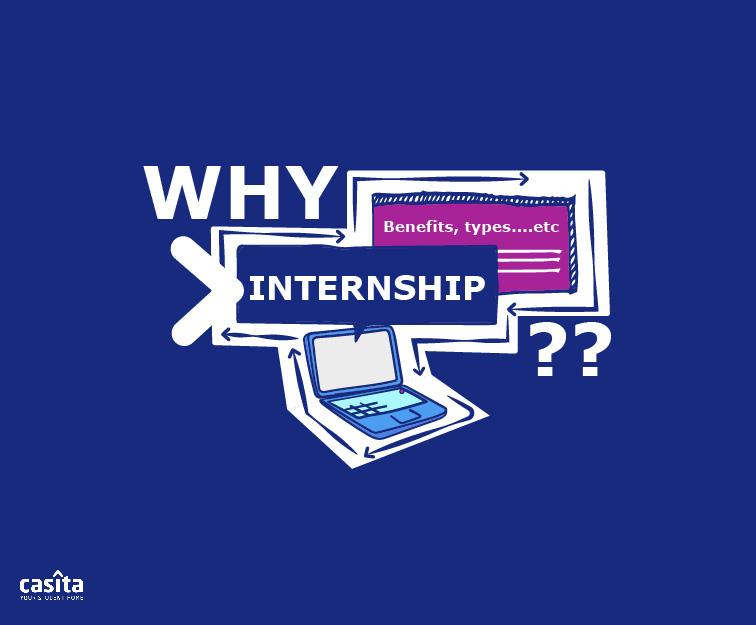Student Guide: Studying and Working Simultaneously in the UK
Tips and Advice
University Life
Careers
3 mins read
Share

Updated at: 25 November, 2025
Published at: 07 August, 2019
By Ola Elwassify
Student Guide: Studying and Working Simultaneously in the UK
Tips and Advice
University Life
Careers
3 mins read

Updated at: 25 November, 2025
Published at: 07 August, 2019
By Ola Elwassify
Share
Most international, and even local, students prefer to have a job while studying, believing that it helps to increase their income while providing invaluable work experience that could boost future promising career prospects. It mainly depends on which country you are studying and your immigration status. You are permitted to work and study simultaneously if your university or college is listed on the official UKVI Sponsor list and the list of ‘recognized bodies’. You will also need to check on your university’s website the working hours that you are allowed to work, as it differs from one university/college to another.
Why?
Putting financial benefits aside, there are various benefits to working as a student. Working while studying abroad improves your resilience, time management skills and your interpersonal ones. To succeed, you must implement routines and plan each day in advance. Being committed to a job from a young age enhances your sense of responsibility and punctuality, as well as your teamwork and problem-solving skills. Being exposed to the commercial work environment will give you a hint of what is on in the market world, which will give you enough self-confidence to be initiative. On a personal level, working as an international student will keep your mind occupied in your free time, especially if it is a holiday and you cannot afford going home for the holidays.
How?
Finding a job in a full-of-technology world is seamless. You can check for vacant full-time positions, part-time jobs and online jobs for students anytime on the National Careers Service or Prospects' database of graduate-level internships and jobs, Graduate Talent Pool, The Careers Group, Employment 4 Students, and StudentJob. You can also use the University’s job shop or the Students’Unions ad hoc employment, which will regularly keep you informed of the latest vacancies through newsletter or mailing.
What?
This question has more implied significance than it looks; choosing a field to start working at, even if it is away from what you are currently studying, is a bit challenging to some students, especially those who did not yet decide on their career plan. Even students who already know what they would prefer to work as in the future will still have a sense of excitement to try working in different fields. In other words, experiencing and experimenting with different job roles at a young age will give students profound insight into what do they want to do in the future. Even if you are an engineering student, for example, it is not a waste to try tutoring younger people, whether it is engineering-related or not.
Balancing between learning and working is difficult and takes a set of essential skills to achieve that balance. But in order to keep things steady and at its natural pace, you need to be selective and not get a toilsome and/or a back-breaking job. Prioritizing multiple studying and working tasks is one of the key actions that you will have to face and adapt to. As a working student, having an honest conversation with your employer to arrange your working hours and exams schedules along with your studying timetables will give you a realistic view of what you will go through.
Correspondingly, the pitfalls of working along with studying should be considered. Overworking could drive some students into feelings of stress and exhaustion, which is never healthy. Weigh all your options and choices before making an ultimate decision either way. Choosing not to work as a student is neither the end of the world nor means that you are a failure; it simply means that you know yourself enough to understand that work might drain your energy, which will finally make it harder for you to study, and to be honest, as a student, studying is your priority. Waiting to start your career journey as a fresh graduate after graduation will provide you with an adequate amount of time to think thoroughly about your future career preferences, as some students might start working in a field that they, later on, realize they do not actually like and opt for shifting their careers rather than working at the field that they are passionate about.
Tips and Advice
University Life
Careers
By Ola Elwassify
Share
Tips and Advice
University Life
Careers
Updated at:
Published at:
By Ola Elwassify
Share


